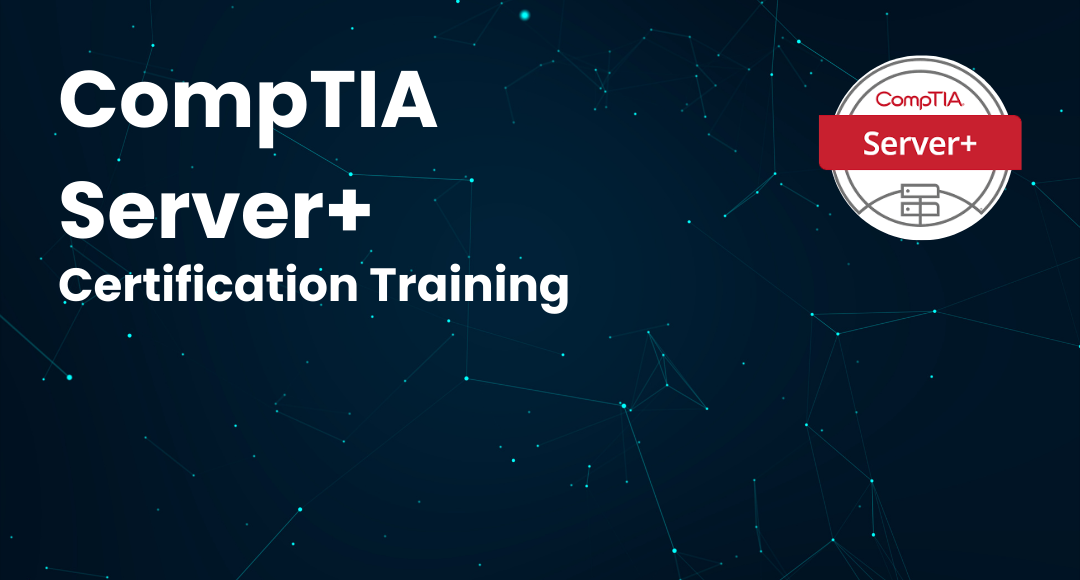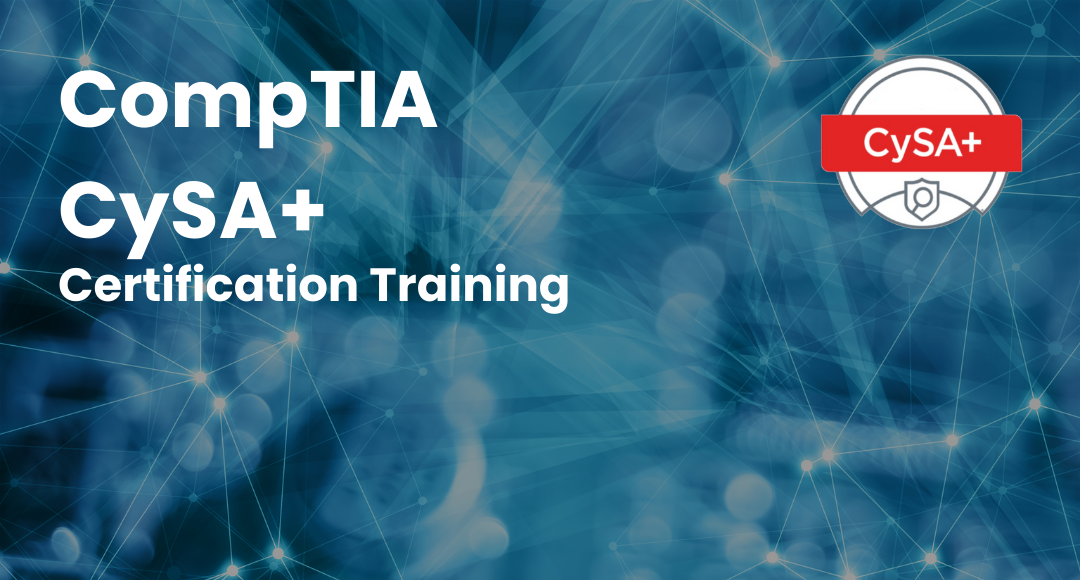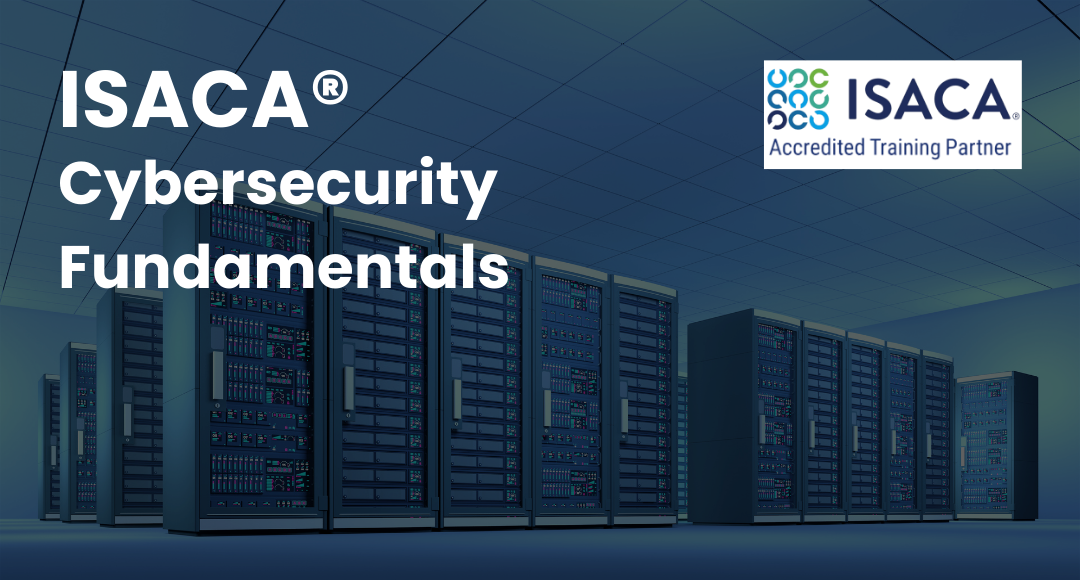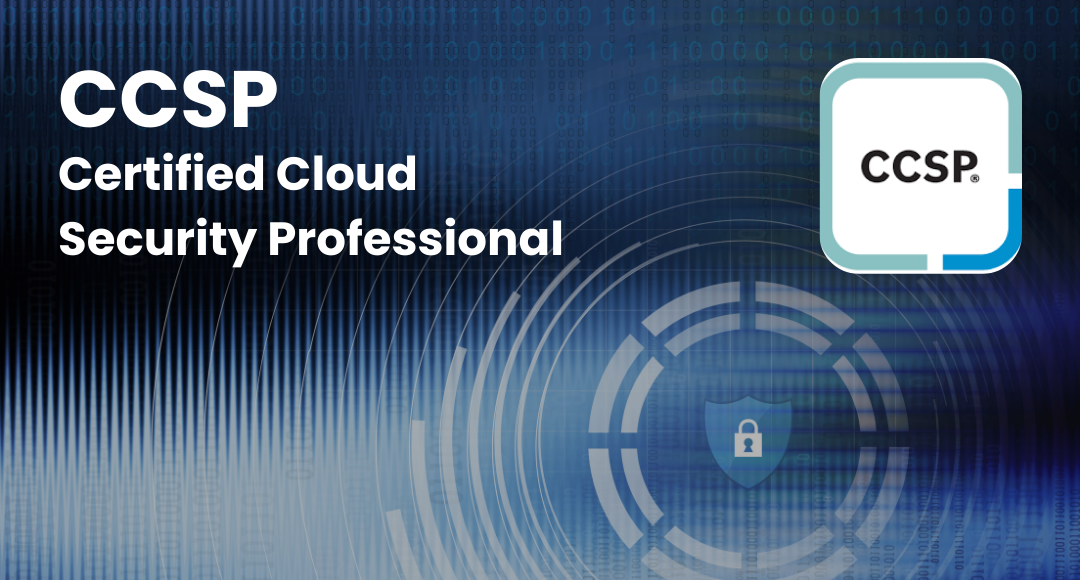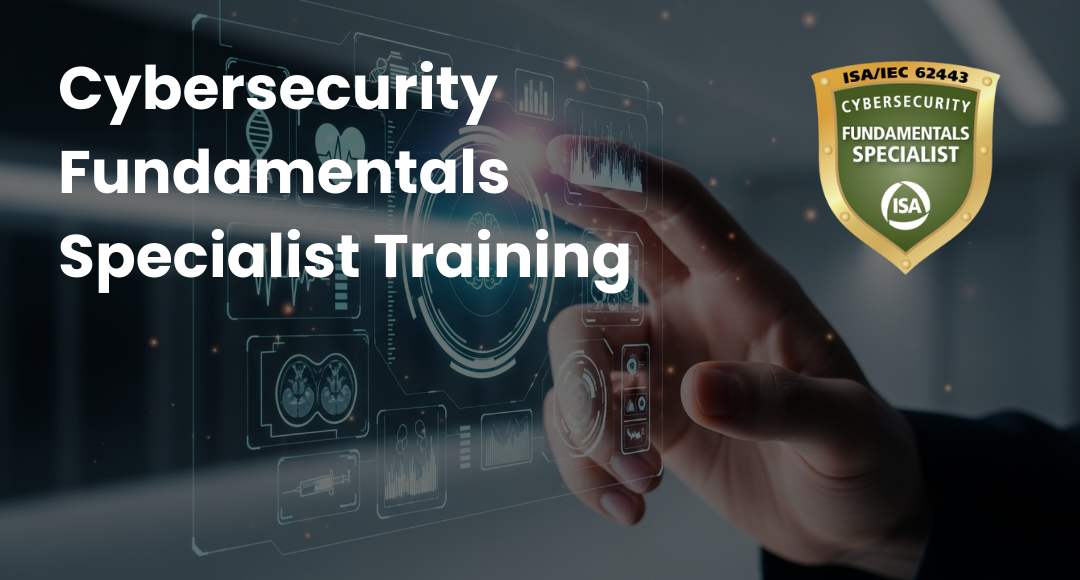Top 8 Types of Cybersecurity Jobs and Salary Insights
-
 By Niharika Chaurasia
By Niharika Chaurasia
- Published on Oct 17 2025

Table of Contents
- Introduction to Cybersecurity Jobs
- Top 8 Types of Cybersecurity Jobs and Salary Insights
- Types of Cybersecurity Jobs for Entry-Level Jobs and Salary
- Types of Cybersecurity Jobs Mid-Level Jobs and Salary
- Types of Cybersecurity Jobs for Advanced Level Jobs and Salary
- Who is a cybersecurity professional?
- Begin the next step in your cybersecurity career.
- Conclusion
- FAQs
Introduction to Cybersecurity Jobs
You must have noticed how the emergence of cybersecurity is shaping the professional and technological environment. As the rate of cybercrimes continues to rise with a staggering 67%, businesses are on high alert, and because of this, there has been a rising demand for cybersecurity experts, which indeed makes it a trending career choice.
Through this blog, we have tried to cover the top 8 types of cybersecurity jobs and provide an understanding of cybersecurity salaries for different experience levels. No matter if it's for entry-level defenders or advanced strategies, come and join us in exploring this versatile field where even salaries have seen an impressive growth of 30% over the last year alone.
Top 8 Types of Cybersecurity Jobs and Salary Insights

Types of Cybersecurity Jobs for Entry-Level Jobs and Salary
Cybersecurity Analyst
When it comes to a cybersecurity analyst, the major task is to oversee as well as safeguard the company's computer systems against potential cyber risks. This also includes examining security information and implementing safeguards, and along with that, assisting in the response to security breaches.
Major responsibilities
You must know, as a potential learner, that among the main tasks of a cybersecurity analyst, some important roles are to efficiently monitor security systems and conduct various security assessments.
They play an important role in incident detection and response.
Average Salary Range
A very important fact that you must really stay informed about is the approximate salary range.
The expected average cybersecurity analyst salary for the entry-level position ranges from $70,000 to $100,000 per year.
Common certifications for you to consider
You can actually be able to succeed in this emerging field of cybersecurity if you enroll in certain certification courses.
There are certification programs like CompTIA Security+ and Certified Information Systems Security Professional that can help you develop the basic skills you require.
Ethical Hacker/Penetration Tester
When it comes to ethical hackers/penetration testers, they have this important responsibility where they attempt to exploit vulnerabilities in systems and identify weaknesses before a malicious hacker does.
Along with this, your performance is truly important here to maintain strong security defenses.
Major responsibilities
You must know that there are certain simulated cyberattacks that these ethical hackers and penetration testers perform. They also have other roles, like assessing security protocols and identifying weaknesses.
Approx. Salary Range
A very important fact that you must really stay informed about is the approximate. salary range.
The expected average ethical hacker/penetration tester salary for the entry-level position ranges from $87,370 to $126,700 per year.
Common Certifications For You to Consider
You can consider certain certification courses, like the Certified Ethical Hacker (CEH) certification, that can undoubtedly help you grow in your career path.
Types of Cybersecurity Jobs Mid-Level Jobs and Salary
Incident Response Specialists
When it comes to incident response specialists, they are the ones who quickly respond during cyber crises. The tasks they do mainly include reducing certain impacts and probing security vulnerabilities, among many others.
Major responsibilities
You must know that incident response specialists have certain essential responsibilities, such as organizing and carrying out incident response strategies and pointing out the origin of certain cyber breaches.
Approx. Salary Range
A very important fact that you must really stay informed about is the approximate. salary range.
The expected average Incident Response Specialist salary for the mid-level position ranges from $90,000 to $130,000 per year.
Common Certifications For You to Consider
You can also consider certain certification courses, such as the GIAC Certified Incident Handler (GCIH) certification, which can confirm that you are competent enough in managing and handling security incidents.
Security Consultants
When it comes to a security consultant, the main responsibility that they have is to provide some kind of expert guidance to organizations. The guidance that we are talking about is mainly about being skilled enough to design and implement effective security solutions.
Major responsibilities
You must know that for a security consultant, the major responsibilities include assessing security risks and also helping in the formulation of certain security policies.
Approx. Salary Range
You can also expect an average salary range between $100,000 and $150,000 if you feel you have an interest in this particular area.
Common certifications for you to consider— You can also consider certain certification courses, such as the Certified Information Security Manager (CISM), that might also help you to show your potential to oversee an organization's information security initiatives.
Types of Cybersecurity Jobs for Advanced Level Jobs and Salary
Cybersecurity Engineers
When it comes to cybersecurity analysts, they mostly specialize in creating and managing various security systems for a company's IT setup.
Major responsibilities
You must know that a cybersecurity analyst has to do various tasks. If you are planning to start your career in this field, then you will have to develop security systems, assess vulnerabilities, and, at the same time, guarantee compliance with the security protocols.
Approx. Salary Range
A very important fact that you must really stay informed about is the approximate. salary range.
The expected average cybersecurity engineer salary for the advanced-level position ranges between $90,000 and $120,000.
Common Certifications for you to consider
You can even enroll in certain certification courses to further increase your chances of beginning your career as a cybersecurity engineer.
The CompTIA Cybersecurity Analyst (CySA+) certification can be very helpful in this case.
Information Security Manager
When it comes to information security managers, they primarily try to oversee an organization's entire security program. If you feel you have an interest in this job and look forward to beginning your career in this field, then your responsibilities will mostly include guiding security personnel, overseeing security protocols, and, along with that, guaranteeing compliance with the regulations.
Major responsibilities
You must know that an information security manager has to perform various important tasks. So some of these are creating as well as executing security policies and, at the same time, directing security projects and supervising security operations.
Approx. Salary Range
So, this is something that you must definitely stay informed about. The expected average information security manager salary for the advanced-level position ranges from around $110,000 to $150,000 per year.
Who is a cybersecurity professional?
Well, a cybersecurity professional is the one who protects the digital assets along with relevant data by identifying certain vulnerabilities and making strong responses to cyber threats such as malware and phishing attacks.
Along with this, these cybersecurity professionals also have various roles, such as engineers and security analysts.
They also have serious responsibilities, such as developing security policies and monitoring networks.
How to Become a Cybersecurity Professional?
There are actually various ways through which you can begin your career path in the field of cybersecurity. We have discussed some of them here for your guidance:
Pursue a relevant degree
If you are truly interested in this particular field and looking forward to exploring the different types of cybersecurity jobs, you must begin this journey by pursuing some relevant courses.
You can consider enrolling in a bachelor’s program like computer science and information technology.
Try and build essential skills
If you are truly looking forward to growing and exploring the different types of cybersecurity jobs, you must definitely try and develop certain essential skills. These essential skills mostly include technical skills and thorough knowledge of computer systems and networks.
Developing hands-on experience
You can start with entry-level roles such as a network administrator or a help desk technician to gain a very core understanding.
Along with that, you can also explore various internships in different types of cybersecurity jobs while also working in a professional space.
Earn professional certifications
You can try enriching your skills, and that’s why certifications such as CompTIA Security+ or professional certificates from Microsoft or Google are undoubtedly beneficial.
Different Types of Cybersecurity Jobs—How do you get started?
So, even though the requirements for cybersecurity jobs vary from company to company, you can still go through some major requirements that might be helpful to you in going through the different types of cybersecurity jobs and finding your area of expertise.
Having a relevant degree
One such requirement is having a bachelor’s degree or a certification from a relevant institution or a renowned industry.
This is important since it can present you with an edge among other candidates who are new in this particular field and, at the same time, help you advance your career goals.
Develop industry-relevant skills
If you are able to develop the right skills, then you might surely be able to achieve your goals in this particular field and succeed in your career.
Nowadays, there are a variety of areas within this field that you can explore by developing skills in
→ Cloud security
→ Risk assessment
→ Analytical thinking
→ Encryption
→ Programming languages
Begin the next step in your cybersecurity career.
Since you are truly passionate about this specific field, you might already have some kind of a brief understanding about how it is essential to stay ahead in this competitive scenario. Hence, because of this, Sprintzeal offers a variety of IT security courses that also align with the various diverse roles and responsibilities in this particular field.
We can also agree on how this can be helpful for those potential candidates who are actually looking forward to
Grow and also explore the different types of cybersecurity jobs or various roles in the emerging types of jobs in cybersecurity.
So, it doesn't really matter if you are a future security analyst or an experienced chief information security officer (CISO) since the courses we design are supposed to improve your skills and help you develop a much clearer understanding in the field of cybersecurity.
Certified Information Systems Security Professional (CISSP)
Now this Certified Information Systems Security Professional (CISSP) course is truly perfect for information security managers and CISOs since it can confirm your proficiency when it comes to creating and overseeing a strong cybersecurity program.
CompTIA Security+
This CompTIA Security+ certification can indeed prove to be quite helpful for you when it comes to covering certain essential security skills, along with practical skills that are also pretty relevant for those who try to look into the different types of cybersecurity jobs.
Certified Cloud Security Professional (CCSP)
This Certified Cloud Security Professional (CCSP) course is actually very beneficial for cloud security specialists since it has a major focus on securing cloud environments. This certification is designed specifically for cybersecurity engineers and analysts and teaches threat detection and response strategies, which is truly beneficial for potential learners who try to examine the different types of cybersecurity jobs.
Certified Information Security Manager (CISM)
This Certified Information Security Manager (CISM) course is ideal for security consultants and information security managers, as it can help you build your skills when it comes to managing and governing information security programs.
CompTIA Cybersecurity Analyst (CySA+)
This CompTIA Cybersecurity Analyst (CySA+) certification is designed specifically for cybersecurity engineers and analysts and teaches threat detection and response strategies, which is truly beneficial for potential learners who try to examine the different types of cybersecurity jobs.
Our courses offer a very thorough and detailed understanding of cybersecurity principles and technologies. These are led by industry experts and real-life simulations, along with certain practical applications, which again will guide you to gain the competence to thrive in your selected cybersecurity position.
Sprintzeal's IT security courses pave the way for a rewarding career in the ever-essential field of cybersecurity.
Our extensive training initiatives provide you with the expertise, understanding, and credentials essential to thrive in this ever-evolving sector, where there are different types of cybersecurity jobs. Defend the online domain and contribute to molding a dependable digital tomorrow. Your cybersecurity career starts here!
The importance of cybersecurity roles continues to remain immense, especially because of the emerging as well as transforming digital scenario. Now, you might have noticed that as the technological advancements continue to enrich, the risks that are brought about by cyber threats are also evolving. These risks basically target the weaknesses within our interconnected and digitalized society.
Conclusion
The top 8 types of cybersecurity jobs that we have discussed in this article present a picture of the various kinds of diverse as well as versatile roles that professionals can embrace to protect digital assets.
No matter if you are just starting your journey or thinking about advancing your career, there are truly an immense number of opportunities that are available in this field of cybersecurity.
Take the leap into the world of cybersecurity careers by exploring the courses offered by Sprintzeal. Our extensive training initiatives provide you with the expertise, understanding, and credentials essential to thrive in this ever-evolving sector, where there are different types of cybersecurity jobs. Defend the online domain and contribute to molding a dependable digital tomorrow. Your cybersecurity career starts here!
FAQs
1. Which among the different types of cybersecurity jobs has the highest salary?
The job with the highest salary in cybersecurity actually varies, but roles such as Chief Information Security Officer (CISO) or security architects often provide high salaries.
2. Which field among the different types of cybersecurity jobs is best?
The "best" field in cybersecurity basically depends on individual interests and skills, but a few of the most in-demand areas that you must know about include ethical hacking and security analysis.
3. Is it hard to study cybersecurity
You must know that the difficulty of studying cybersecurity basically depends on personal aptitude, along with your dedication.
This can be very true, especially when you are exploring the different types of cybersecurity jobs, but remember that sometimes it can be challenging because of the transforming nature of threats and technologies.
4. What qualifications do I need for cybersecurity?
You must keep in mind that the qualifications for cybersecurity roles mostly include a degree in a related field (such as computer science or information technology) and relevant certifications (e.g., CISSP, CEH), along with practical experience.
5. What is the eligibility to learn cybersecurity?
There is no strict eligibility criterion to learn cybersecurity.
A background in IT or computer science can be helpful, and many learning paths are available for beginners and professionals when it comes to starting their career path and exploring different types of cybersecurity jobs and salaries.
Popular Programs
CISSP® - Certified Information System Security Professional
Live Virtual Training
- 4.3 (964 + Ratings)
- 12k + Learners
CISA® - Certified Information System Auditor
Live Virtual Training
- 4.3 (426 + Ratings)
- 60k + Learners
CISM® - Certified Information Security Manager
Live Virtual Training
- 4.7 (200 + Ratings)
- 71k + Learners
CCSP® - Certified Cloud Security Professional
Live Virtual Training
- 4.7 (964 + Ratings)
- 48k + Learners
Trending Posts
Top 20 Reasons You Should Get a CISSP Certification
Last updated on Feb 14 2024
Information Assurance Model in Cybersecurity
Last updated on Jun 6 2023
Latest Trends in CyberSecurity
Last updated on Mar 4 2025
Privacy at Your Fingertips: How iPhone Users Can Use Tools Securely
Last updated on May 28 2025
CISM certification cost details
Last updated on Jul 15 2022
Data Leak - What is it, Prevention and Solutions
Last updated on Jun 29 2023
Categories
- Other 75
- Agile Management 49
- Cloud Computing 58
- Project Management 175
- Data Science 69
- Business Management 88
- Digital Marketing 87
- IT Service Management 36
- Programming Language 61
- AI and Machine Learning 91
- IT Security 113
- Quality Management 78
- IT Hardware and Networking 27
- Microsoft Program 5
- Workplace Skill Building 15
- Risk Management 9
- Information Security 8
- Leadership and Management 9
- Corporate Training and Development 1
Trending Now
Top 5 Compelling Reasons To Get A Cyber Security Certification
ebookHow to Become IT Security Expert with CISSP Certification
ebookTop 20 Reasons You Should Get a CISSP Certification
ebookWhat is CISSP? – Everything about CISSP Certification Explained
ebookPass CISSP Exam - How to Clear CISSP Exam in First Attempt 2026 (UPDATED)
ebookCISSP Certification – Top 25 Career Benefits in 2026
ebookCybersecurity – Everything You Need to Know About it
ebookUpdated Google Certification Training Course list 2026
ArticleWhich Certification is best for Cybersecurity?
ebookWhich Cybersecurity Certification Should I Get First?
ebookCysa+ certification – Should you get it?
ebookList of Top Security Certifications
ArticleEasiest Security Certification to Get
ebookCISM certification cost and career benefits
ebookCybersecurity Fundamentals Explained
ebookISACA Certifications List 2026
ebookCareer Benefits of CISM Certification in 2026
ArticleList of Top Information Security Certifications in 2026
ebookCISM certification cost details
ArticleMitigate the Cyber-Attack Risks with Best Cyber Security Protocols
ebookCybersecurity Interview Questions and Answers 2026
ebookTop Cybersecurity Software Tools In 2026
ebookInformation Security Analyst - Career, Job Role, and Top Certifications
ebookCyber Security Analyst - How to Become, Job Demand and Top Certifications
ebookWhat is Data Security - Types, Strategy, Compliance and Regulations
ebookData loss Prevention in Cyber Security Explained
ebookCybersecurity Controls Explained in Detail
ebookCybersecurity Framework - A Complete Guide
ebookWhat is Cryptography - A Comprehensive Guide
ebookData Leak - What is it, Prevention and Solutions
ebookCybersecurity Career Paths Guide
ebookFuture of Cybersecurity - Trends and Scope
ebookCyber Security Careers and Outlook - 2026 Guide
ebook5 Cybersecurity Predictions in 2026 - Trends and Challenges
ebookScope for Cybersecurity in 2026 - Latest Update
ebookEthical Hacking Career: A Career Guide for Ethical Hacker
ebookApplication Security: All You Need To Know
ebookCybersecurity Roles - Top Roles and Skills to Consider in 2026
ebookHow to Get Cyber Essentials Certified
ebookTop 10 Cyber Security Threats and How to Prevent Them
ebookTop 10 Network Scanning Tools of 2026
ebookCyber Incident Response Plan: A Comprehensive Guide
ebookInformation Assurance Careers - Exploring Career Paths
ebookWhat is the Department of Defense (DoD) Directive 8140
ebookCybersecurity Mesh Architecture: What It Is and How to Build It
ebookWhat is Threat Modeling? Methodologies, Types, and Steps
ebookWhat is Digital Forensics? Types, Process & Challenges
ebookInformation Assurance Model in Cybersecurity
ebookHow to Become an Information Security Analyst Salary, Skills, and More
ArticleList of Top Department of Defense (DoD) Approved 8570 Certification Courses
ebookTop 5 Ransomware Attacks to Watch Out for in 2026
ebookJob Prospects for DoD Certified Professionals: A Pathway to Success in cybersecurity
ebook10 Biggest Data Breaches of the 21st Century
ebookWhat is a Cybersecurity Incident?-Types, Impact, Response Process and More
ebookCyber Security Planning - A Detailed Guide for Risk Mitigation
ebookWhat is Cybercrime? Exploring Types, Examples, and Prevention
ebookRecent Cyber Attacks & Data Breaches in 2026
ebookCybersecurity Strategy: Building a Strong Defense for Business
ebookCybercrime Impacts On Business: 6 Major Effects
ebook5 Types of Cyber Attacks You Should Be Aware of in 2026
ebookCloud Cyber Attacks: Causes, Types, Prevention and Protection
ebookCloud Malware: Types of Attacks and Security Measure
ebookCyber Attack Statistics and Trends to Know in 2026
ebookList Of Top Cybersecurity Threats In 2026
ebookSafeguarding Digital Domain: 10 Most Common Cybercrimes
ebookDemystifying Cloud-Based Cyber Attacks: A Comprehensive Guide
ebookPrevent Cyber Attacks: Strategies to Protect Your Digital Assets
ebookList of Top 10 Cybersecurity Careers in 2026
ebookTop 20 Cybersecurity Trends to Watch Out for in 2026
ArticleHow to Become Cybersecurity Engineer
ArticleUnderstanding Risk assessment in audit planning
ArticleFundamentals of Risk-Based Auditing: A Strategic Framework
ArticleRisk-based Audit Planning Guide for Beginners
ebookA Comprehensive Guide to Building Risk-Based Internal Audit Plan
ArticleRisk-Based Internal Auditing Approaches: 7 Steps to Explore
ArticleCompTIA Security+ 601 vs. 701: Understanding Key Differences
ArticleWhy and How to Perform a Risk-Based Internal Audit
ArticleRisk-Based Auditing Techniques Explained
ebookEvolving Cyber Threats and Vulnerabilities in Cybersecurity Risk Management
ArticleWhat Is Secure Access Service Edge (SASE)?
ArticleHow to Stay Cyber-Secure in Work and Personal Life (Tips and Practices)
ArticleIBM Data Breach: Is IBM Really Breach-Proof?
ArticleTarget Cyber Attack: Key Lessons from the 2013 Data Breach
ArticleLinkedIn User Data Protection Explained
ArticleCanva Data Breach: Best Lessons for Users and Businesses
ArticleHow Did Capital One Respond to Their Major Cyber Incident?
ArticleWhat Innovative Measures Did Reddit Take to Protect User Data?
ArticleHow Does Slack Respond to Security Challenges?
ArticleTwitch Data Breach: Response, Changes, and Key Takeaways
ArticleGuess What Google Did When a Employee Breached Their Firmware
ArticleEthical Hacking Tools: Best Ones for Cybersecurity in 2026
ArticleWhat Happened When Cisco Faced a Cyber Incident?
ArticleWhat Sony Did to Rebuild Trust After a Major Cyberattack
ArticleHow to Handle a Data Breach? Learn from Microsoft!
ArticleCybersecurity Mesh: A New Approach for Security Design
ArticleHow Target Turned a Cyber Crisis into a Lesson for All
ArticleDropbox Data Breach: What Companies Can Learn from It
ArticleHow JPMorgan Chase Strengthened Security After Facing Cyber Threats
ArticleThe Future of Online Security: Trends to Watch in 2026
ArticleLatest Trends in CyberSecurity
ArticleTop 12 Cyber Security Apprenticeships with High Earning Potential in 2026
ArticleEnhancing Safety and Competence in Today's Workplace
ArticlePrivacy at Your Fingertips: How iPhone Users Can Use Tools Securely
ArticleAge Matters: Understanding the Generational Gap in Online Safety Education
ArticleCybersecurity 101: Why Cybersecurity is the Hottest Career Right Now
ArticleWhy Cybersecurity Training Should Be Part of Every Professional's Career Plan
ArticleHow to Protect Your Data When Traveling to Countries Like Malaysia?
ArticleTop Online Master's in Cybersecurity Programs for Working Professionals
ArticleHow AI Detectors Strengthen Cybersecurity in Modern Networks
ArticleHow to Become a Cybersecurity Engineer: Step-by-Step Career Guide
ArticleWhy Certification in Risk and Compliance Is Critical in Today’s Financial World
ArticleWhat is OSI Model? - Layers of OSI Model
Article



